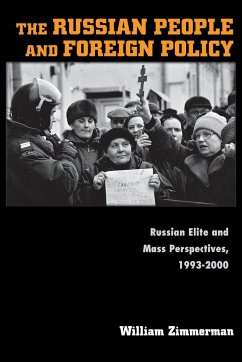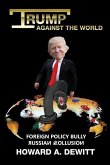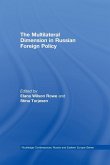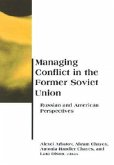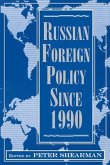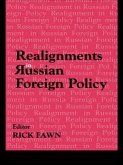Since the fall of communism, public opinion in Russia, including that of a now more diverse elite, has become a substantial factor in that country's policymaking process. What this opinion might be and how it responds to American actions is the subject of this study. William Zimmerman offers important and sometimes disturbing insight into the thinking of citizens in America's former Cold War adversary about such matters as NATO expansion. Drawing on nearly a decade of unprecedented surveys he conducted with a wide spectrum of the Russian public, he gauges the impact of Russia's opening on its foreign policy and how liberal democrats orient themselves to foreign policy. He also shows that insights from the study of American foreign policy are often "portable" to the study of Russian foreign policy attitudes. As Zimmerman shows, the general public, which had a modest but real role in foreign policy decision making, tended much more toward isolationism than did the predominant elites who steered Russia's foreign policy in the 1990s. Interspersing smooth prose with a wide array of richly informative tables, the book represents an invaluable opportunity to discern probable shifts in Russian foreign policy that domestic political changes would bring. And it powerfully suggests that the West, by forging its own policies toward Russia with more prudence, can have a say in the outcome of the great choice facing Russia--whether to forge ahead with democracy or slip back into authoritarianism.
Hinweis: Dieser Artikel kann nur an eine deutsche Lieferadresse ausgeliefert werden.
Hinweis: Dieser Artikel kann nur an eine deutsche Lieferadresse ausgeliefert werden.

